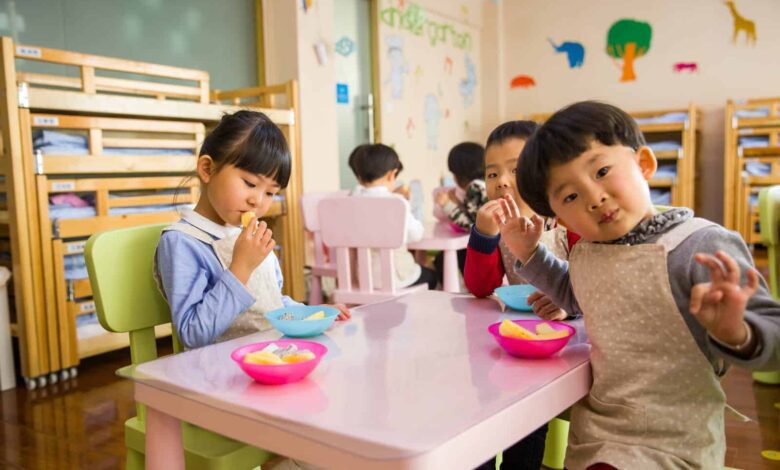Parenting Hacks To Raise Confident And Motivated Children

Share The Mummy, it’s OK Love!
Every parent wishes there was a magic guidebook for making children self-confident and enthusiastic. Did you know that 44% of women and 15% of men struggle with self-esteem issues due to appearance flaws, peer pressure, and social norms? While there is no proven rulebook to help them deal with these concerns, you needn’t worry. We have a collection of parenting tips that can add a little magic to your path.
Imagine a home where children are curious, laugh, and can tackle problems head-on while exuding confidence. The key is to instill resilience and independence in children from an early age. It’s about being the perfect imperfect guide, so forget about being the perfect parent.
These parenting tips, which range from creating a growth mindset to providing a nurturing environment, will boost self-esteem and lay the groundwork for a lifetime of drive and success. Ready to add some magic to your parenting journey? Now let’s start with some tried and tested hacks.
Setting realistic goals
Any effective personal development plan begins with defining achievable and realistic goals for your children. Also, teach them about setting such goals for themselves. Goals should be challenging but achievable, pushing kids out of their comfort zones without sacrificing a sense of reality.
Unrealistic expectations can stifle motivation and prevent progress by causing disappointment and frustration. Larger goals should be broken down into smaller, more doable tasks to create a step-by-step approach that increases the sense of accomplishment.
Encouraging independence
Freedom is important for children if they want to grow personally. This means allowing them to take responsibility for their choices and actions. You can promote accountability by offering direction rather than prescribing fixes.
This requires encouraging independence and critical thinking rather than cutting off support. Being independent helps young people grow because they are better able to handle obstacles and make wise choices.

Praise effort
Praise and recognition for work are effective ways to inspire children. It shifts the emphasis from the final product to the process of learning and growth. Children feel valued and are more likely to persevere in the face of difficulties when their efforts are recognized.
As a parent, you should provide positive reinforcement because it boosts self-esteem and confidence, allowing an environment favorable to continued development. When praising your children, it’s important to be specific and point out the actions or strategies that produced the desired results.
Creating a positive environment
Personal development also depends on a positive environment. To do this, create an environment of encouragement, honest communication, and optimism. Encourage your kids by displaying positive quotes in their room.
You can also give them a unique gift, like a fake diploma that serves as a constant reminder of your confidence in their abilities. A fake diploma maker can create a realistic. A positive environment is also about encouragement and support, so be there to provide both at all times.
Rewarding good behavior
Positive behavior requires praise and encouragement. Establishing a reward system for reaching goals or displaying good behaviors is a great way for parents to motivate their children.
Incentives can be extrinsic, such as material incentives, or intrinsic, such as words that give children a sense of achievement. To positively associate the desired behavior and encourage continued effort, you must be consistent and clear with your reward system.
Teaching resilience
When faced with life’s inevitable challenges, resilience is an important skill for young people. Encouraging children to overcome obstacles and learn from mistakes is important for personal growth. Developing coping skills, flexibility, and a growth mindset are all part of resilience.
You can do it foster resilience in your children by encouraging them to see obstacles as opportunities to grow and learn. It is important to emphasize that obstacles are a normal part of the journey.



Leading by example
Setting an example is the most influential aspect of pushing your children toward personal development. Teens are more likely to adopt positive behaviors when they see them consistently demonstrated by parents.
Leading by example involves living out the values and principles you want to instill in your children. Showing resilience, accepting challenges, and actively pursuing personal growth creates a powerful ripple effect, inspiring them to follow.
Conclusion
To sum up, raising and trusting your children is a long road. It requires a comprehensive approach that includes establishing reasonable goals, promoting self-sufficiency, recognizing hard work, cultivating a happy environment, incentivizing good behavior, imparting resilience skills, and demonstrating an exemplary example. Remember that building these habits paves the way for a better and more fulfilling future for your children. You must accept them as part of your role as a parent.





